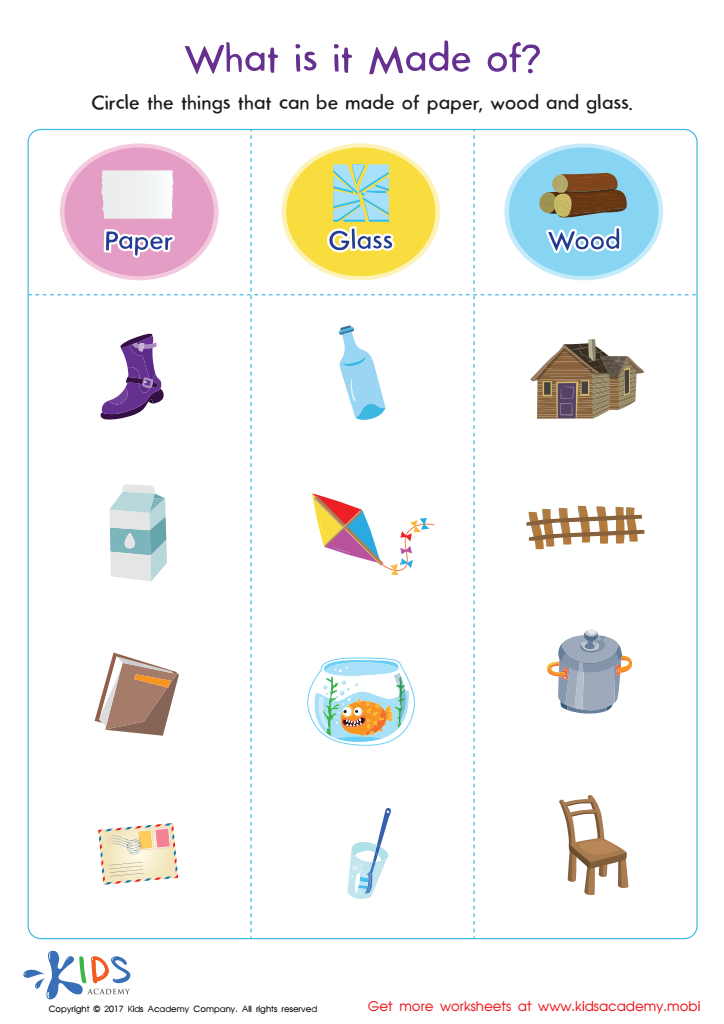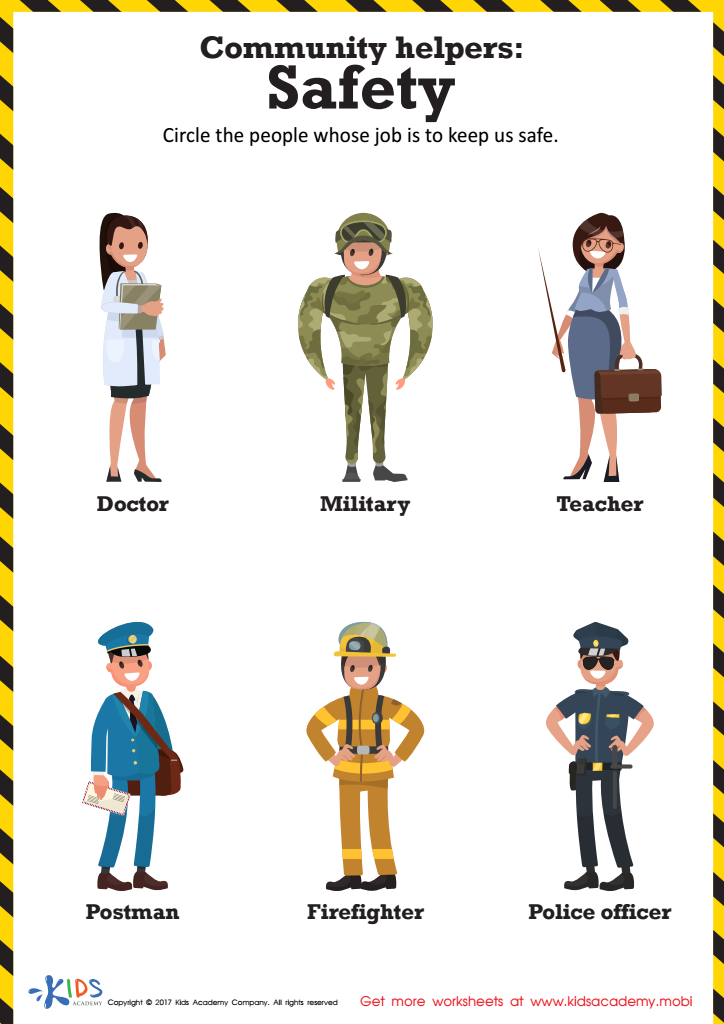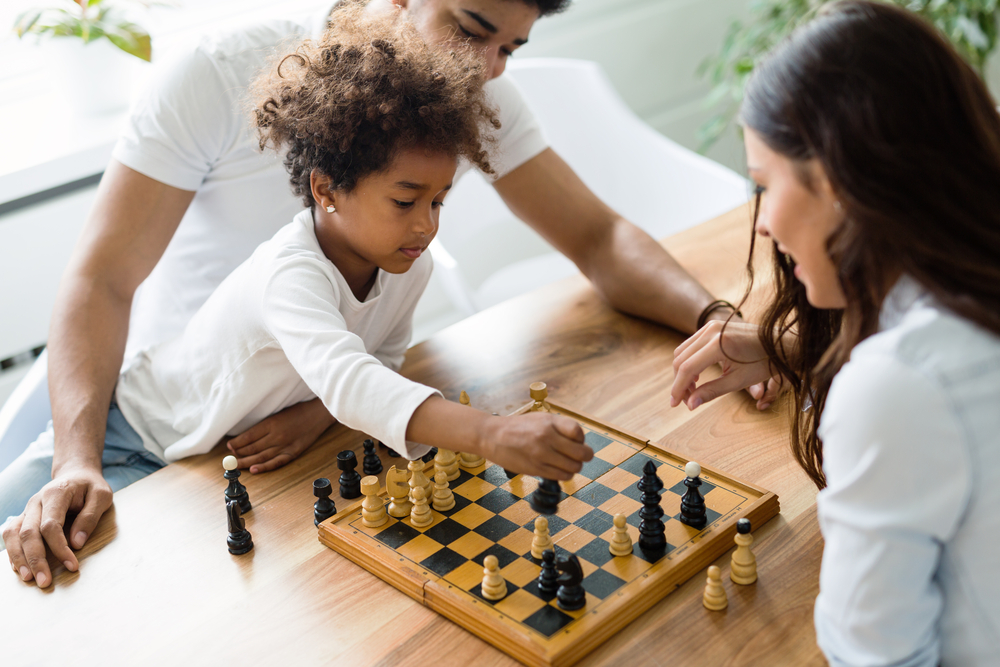Normal Community Worksheets for Ages 4-8
17 filtered results
-
From - To
Welcome to our collection of Normal Community Worksheets designed for children aged 4 to 8! These engaging and interactive worksheets aim to introduce young learners to the essential concepts of community and encourage their understanding of the world around them. Through colorful illustrations and age-appropriate activities, kids will explore various aspects of their community, including jobs, public services, and social interactions. Perfect for home or classroom use, these worksheets foster creativity, critical thinking, and a sense of belonging. Help your child discover the importance of community and enhance their learning experience with our thoughtfully crafted resources! Enjoy the journey of discovery together!
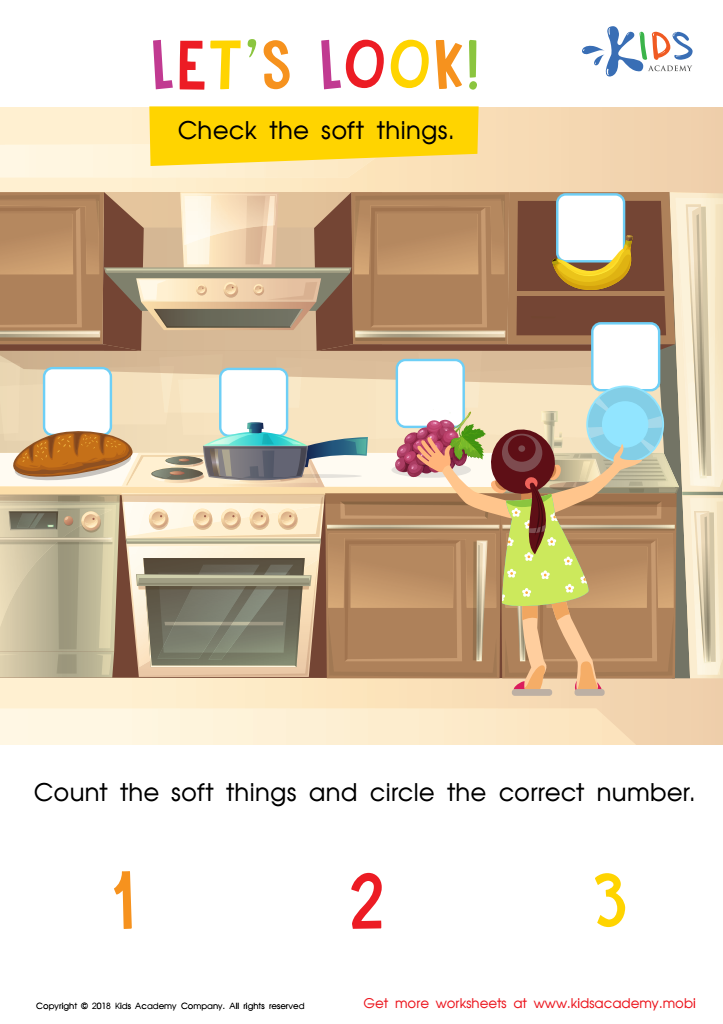

Let's Look! Assessment Worksheet
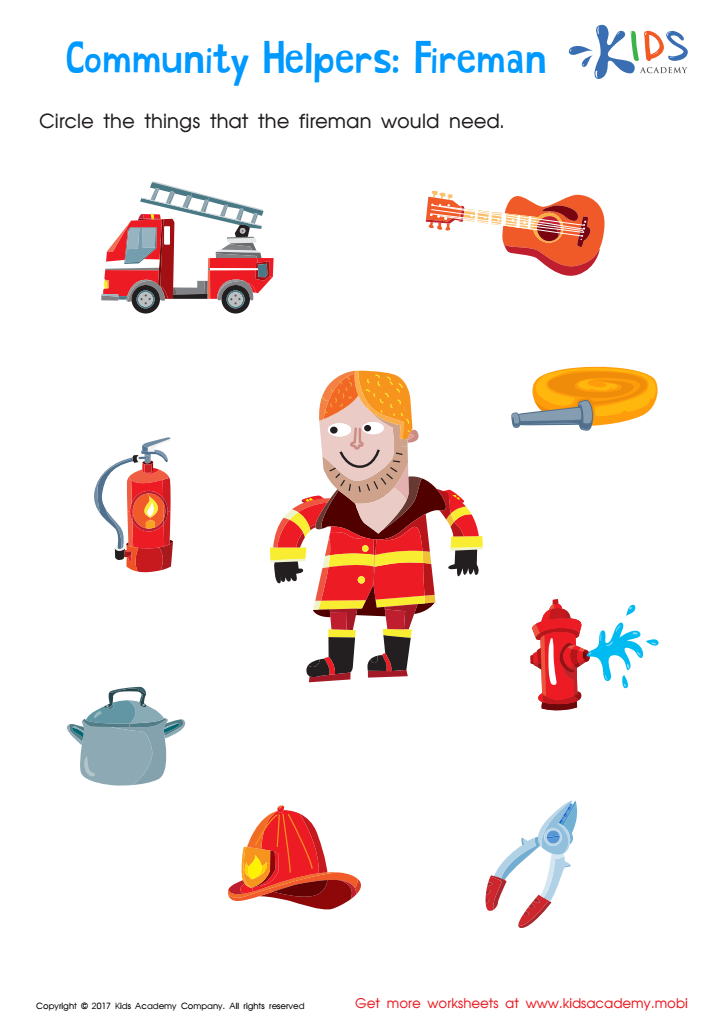

Fireman Worksheet
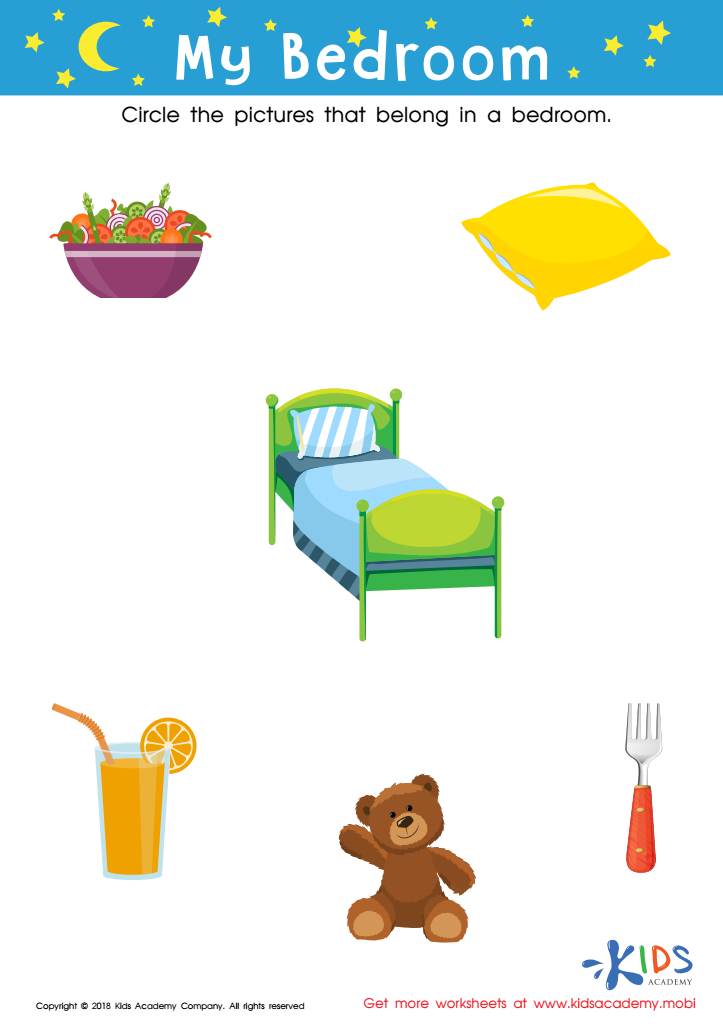

My Bedroom Worksheet
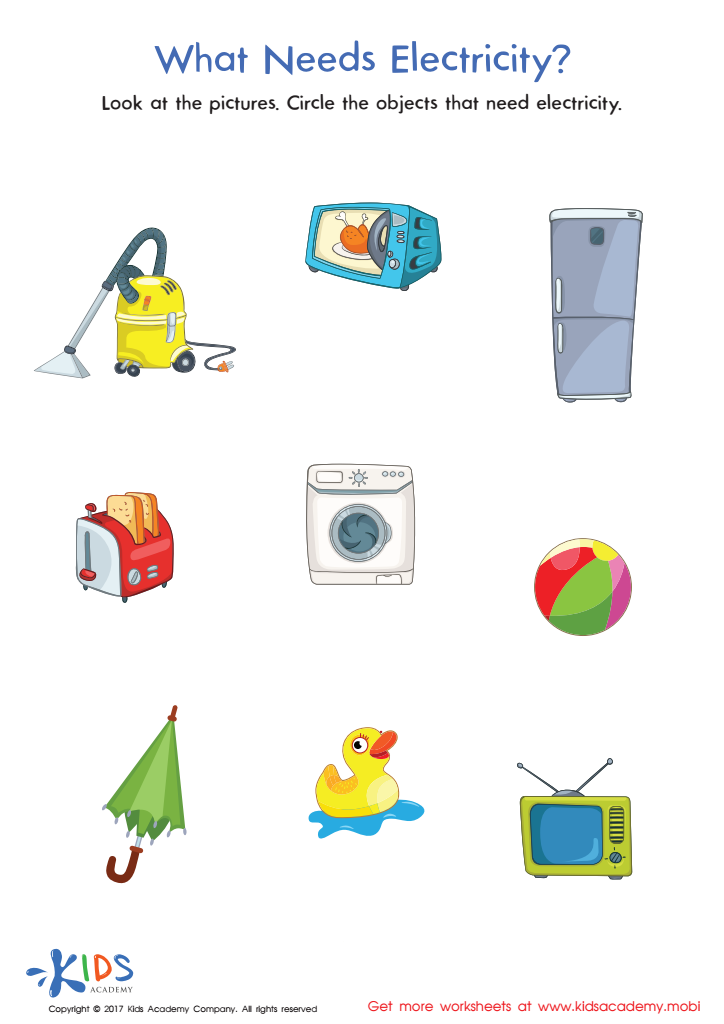

What Needs Electricity Printable
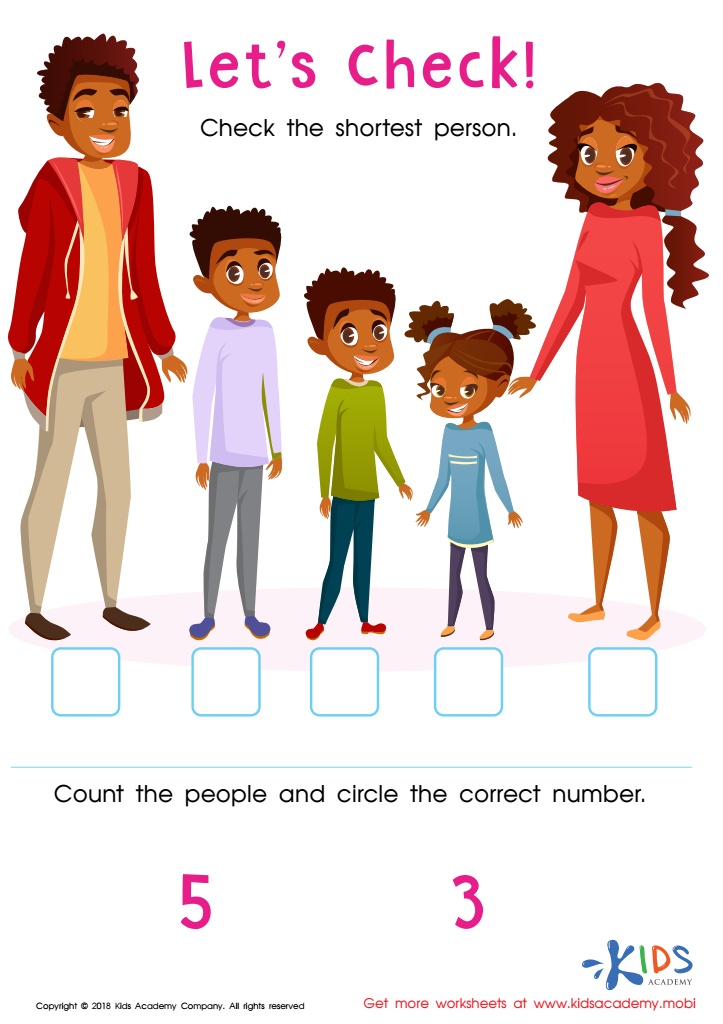

Let's Check! Assessment Worksheet
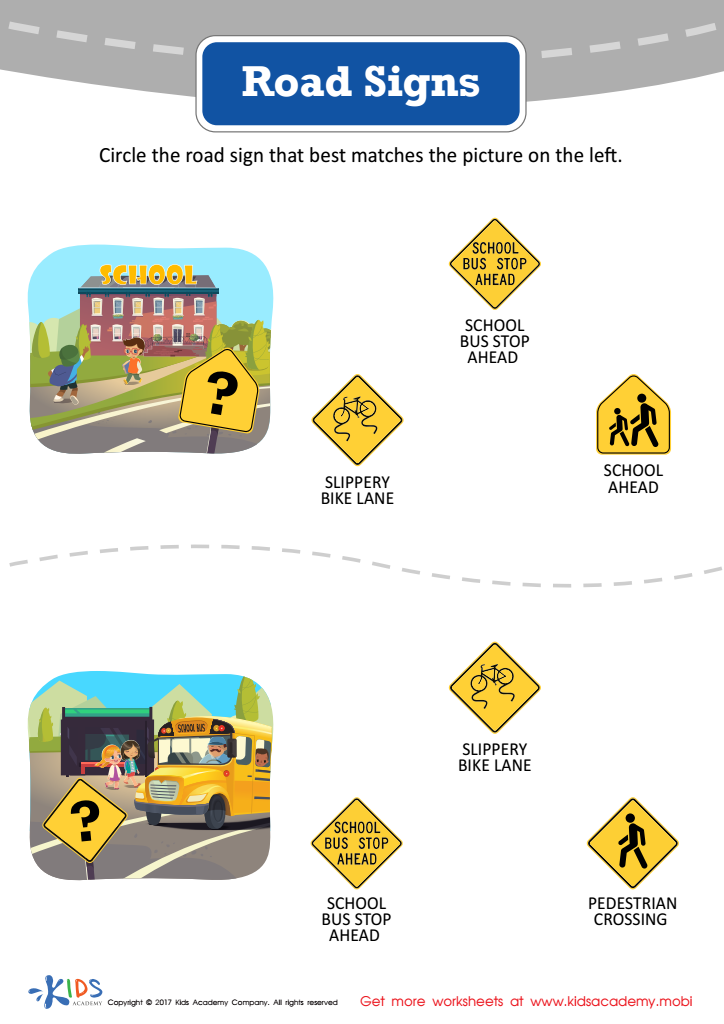

Road Signs (Part 1) Worksheet


Grocery Store Worksheet
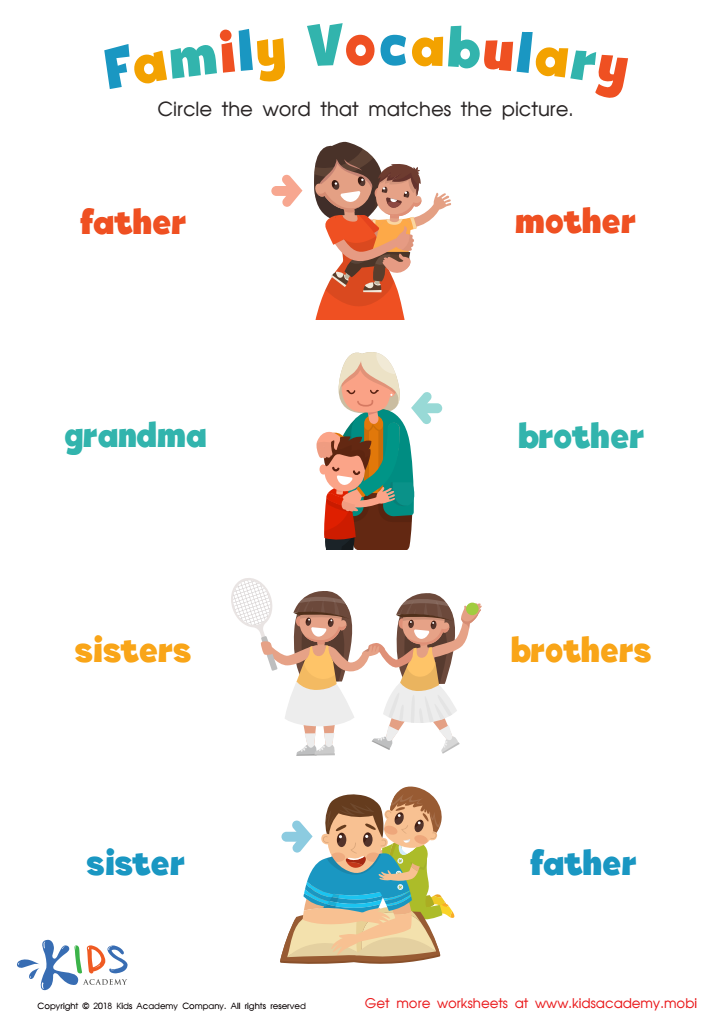

Family Vocabulary Worksheet
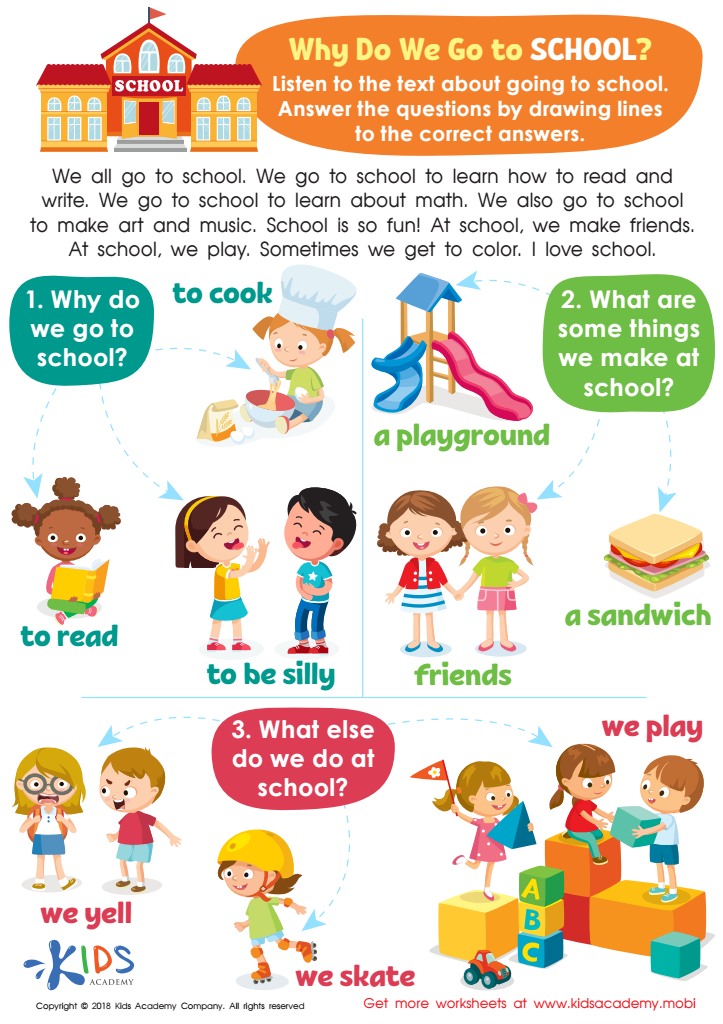

Why Do We Go To School? Worksheet


Playground Worksheet
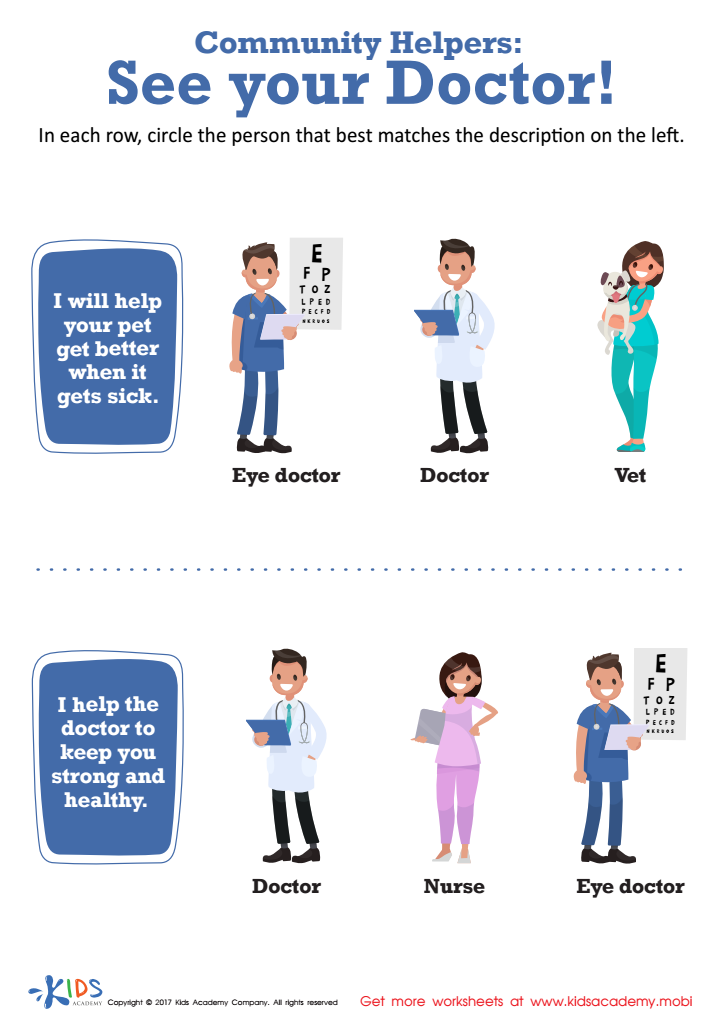

See Your Doctor (Part 2) Printable
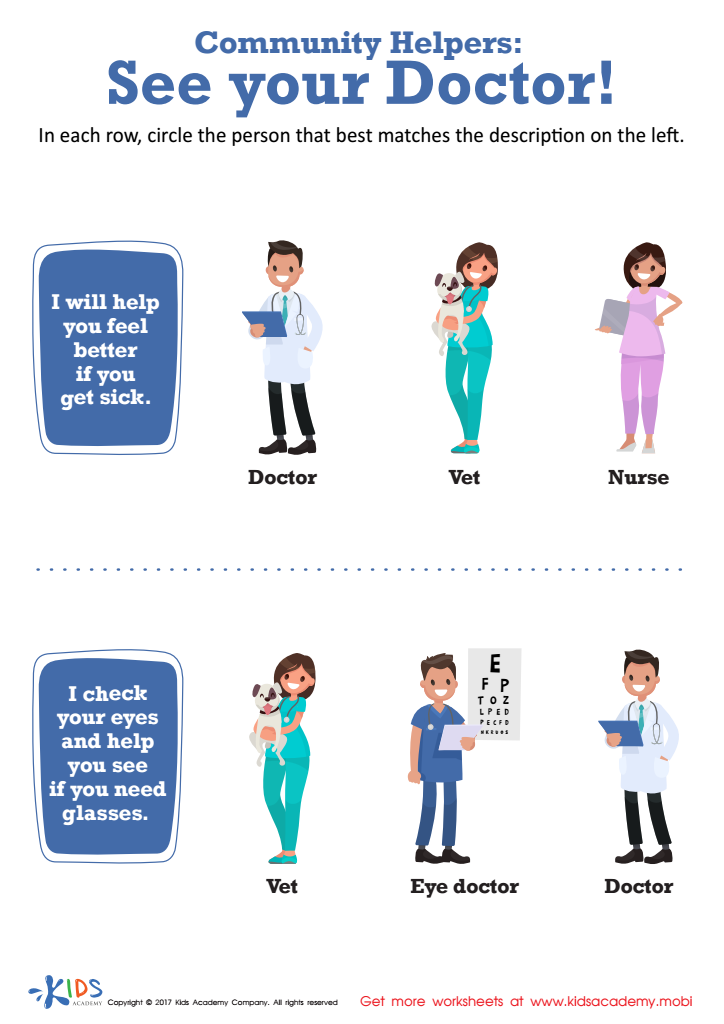

See Your Doctor (Part 1) Printable
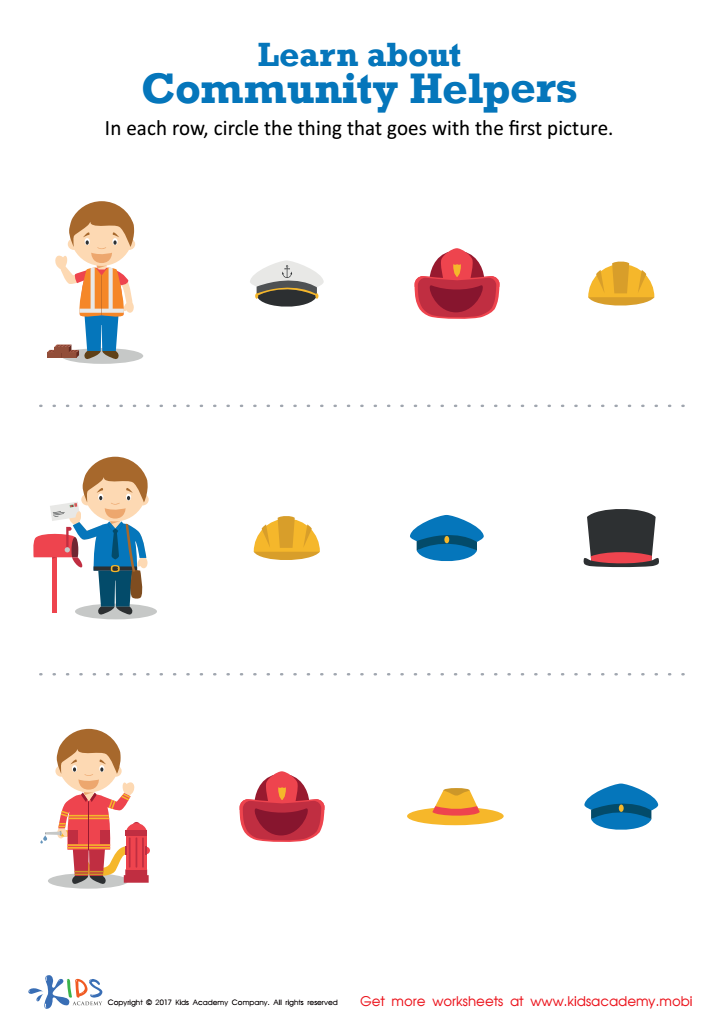

Learn about Community Helpers Printable
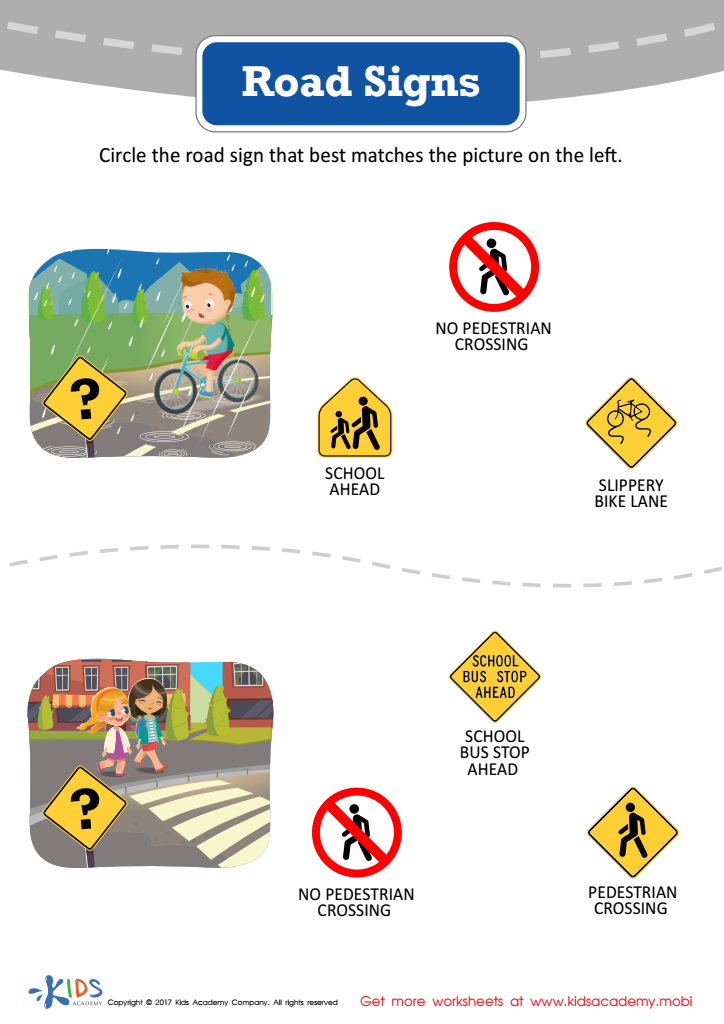

Road Signs (Part 2) Printable
Parents and teachers should care about Normal Community for Ages 4-8 because it plays a vital role in fostering well-rounded development during a crucial stage of childhood. At this age, children are developing foundational skills that will shape their future learning and social experiences. Normal Community provides a supportive platform where children can interact with peers, learn social skills, and build emotional intelligence in a nurturing environment.
Additionally, it encourages creativity and critical thinking through engaging, age-appropriate activities that capture children's interests. This type of environment not only enhances academic readiness but also supports cognitive, physical, and emotional growth. Recognizing the value of a community space allows parents and teachers to facilitate richer educational experiences, ensuring that children learn to collaborate, share, and respect diverse perspectives.
Moreover, a strong community promotes inclusivity and inspires parents and educators to work together, sharing insights and strategies for children's success. By prioritizing Normal Community for young children, adults can help nurture a culture of empathy, resilience, and curiosity, ultimately equipping the next generation with the foundational tools they need for lifelong learning and positive interpersonal relationships. Investing in community development at this young age is essential for holistic growth and future social harmony.
 Assign to My Students
Assign to My Students
